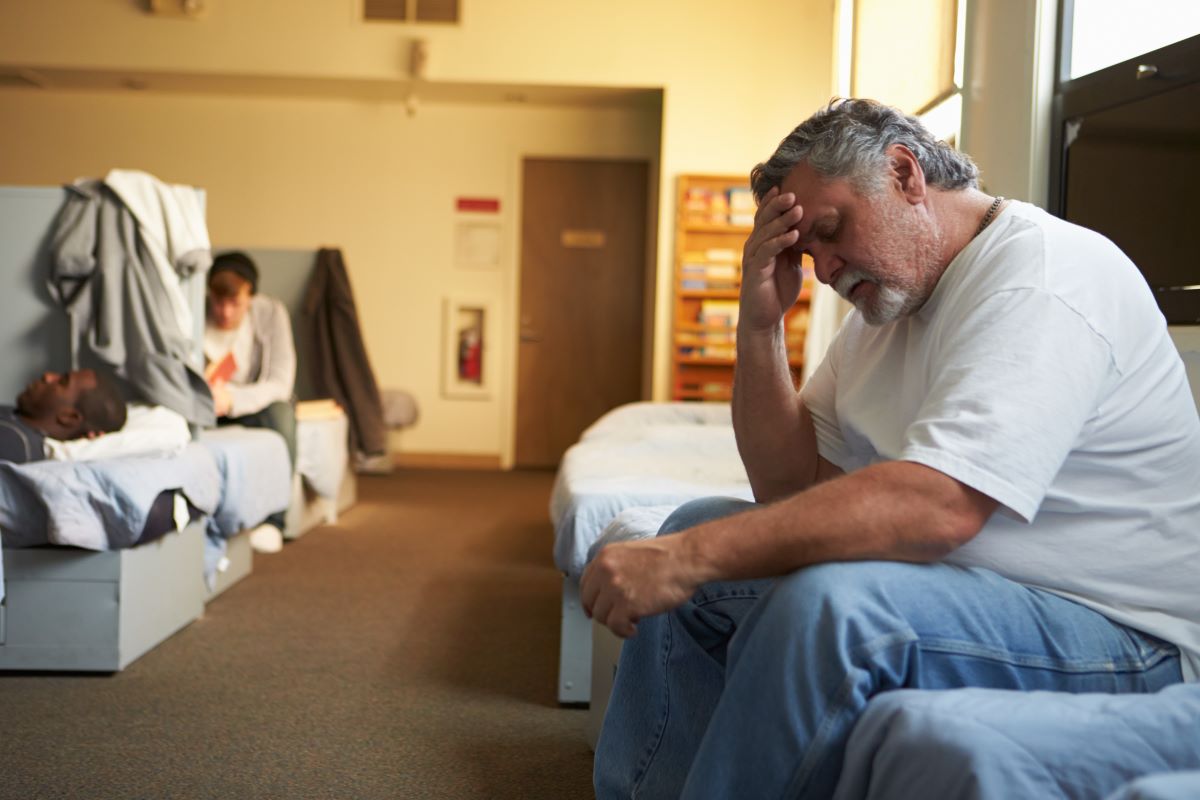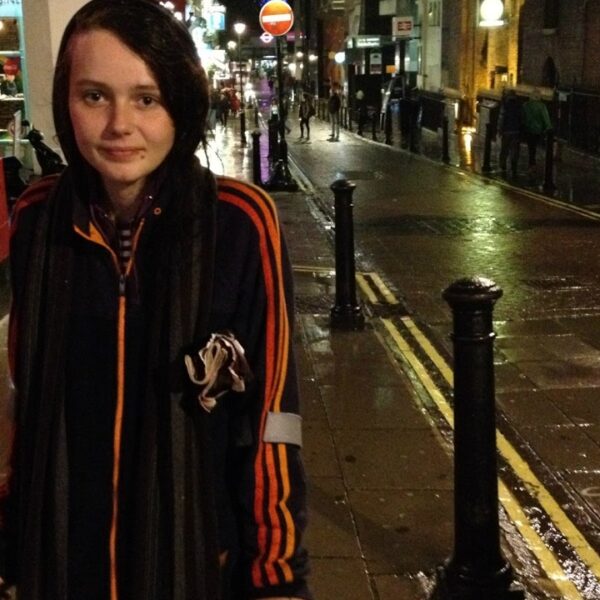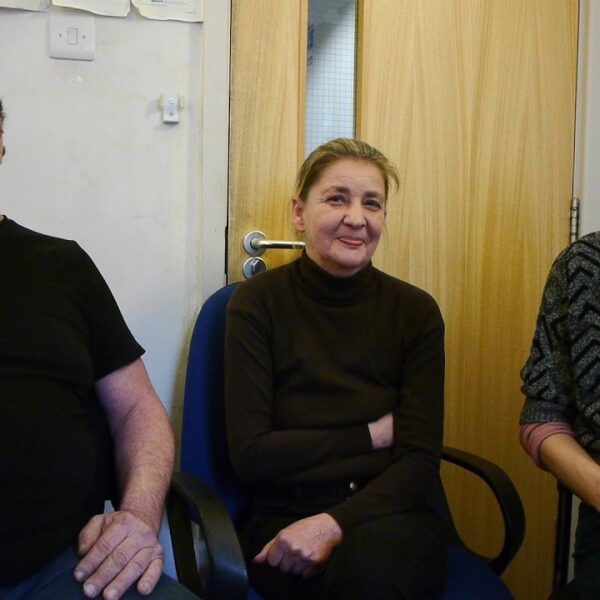A drastic uptick in rental rates and mortgages coupled with a chronic housing shortage has posed record-breaking consequences in England, where more than one hundred thousand households were placed in temporary accommodations for the first time in recorded history.
“It don’t feel like a proper home, and it don’t feel safe,” said ten-year-old Cameron in a candid YouTube video posted by Shelter. Cameron was referring to his life in a hostel in Great Britain, one of the places classified as a temporary accommodation.
Cameron’s dad, Glenn, along with the other children in the family, try to get by in the confined one-bedroom space, which poses an elongated list of challenges ranging from a non-functioning toilet to cramped sleeping quarters, from dirty carpets to conflicts caused by overcrowding and noisy neighbors. This is the reality, not just for the man behind the camera in the video, but also for hundreds of thousands more households now classified as “unintentionally homeless” in England.
Defining Terms of Homelessness: Who Is Unintentionally Homeless in England?
According to Shelter Scotland, you must meet a strict criterion to qualify as “unintentionally homeless” in the UK. This means that the actions that drove you into homelessness were determined to be “beyond your control.”
Indeed, if you become homeless due to non-payment of rent or mortgage and the government determines you could have afforded to make that payment, you are not classified as “unintentionally homeless.”
This is an important distinction because England’s government shoulders a level of responsibility for unintentionally homeless individuals and families.
Under Part 7 of the Housing Act 1996, anyone deemed unintentionally homeless has a right to temporary or secure accommodations. Often, households dwelling in temporary living spaces such as hostels or rooming houses are waiting on lists to secure more permanent housing situations.
It should be duly noted that if the legal counsel deems a household to have fallen into homelessness through avoidable circumstances, such as being able to pay rent but refusing to do so or being evicted for antisocial behavior, they are not provided temporary accommodations.
Therefore, it can be deduced that all households residing in government-issued, temporary living facilities became homeless due to circumstances they could not control. They likely fit one or more of the following descriptions:
- They were unable to make rent or mortgage payments on time due to unemployment, underemployment, low wages, the death of a loved one, or one of the paying roommates moving out.
- They were evicted because the property they rented was being sold.
- They left their home after being deceived by a roommate, landlord, or other party.
- They were evicted due to actions caused by a mental or physical illness.
The Number of Unintentionally Homeless Households in England is the Highest It Has Been in Two and a Half Decades
This also marks the highest rate since authorities began keeping residency records of temporary accommodations. That data was first collected in 1998, according to CNN Business.
In addition to this record-breaking increase in the number of households living in hostels and other temporary facilities, there was also a notable increase in priority placements. These are households classified as having a more dire need of immediate housing, such as little Cameron’s household, which consists of several small children.
A growing waitlist and a higher needs list combined with the highest house price tags in market history could spell disaster for the 38,000 households deemed vulnerable to homelessness in the region.
While numerous secondary causes fuel the notorious uptick in unintentional homelessness, experts agree that the key issue here is housing, or, more accurately, the lack thereof.
“Once again, we see the crippling cost that years of no investment in housing benefit, and a shameful lack of social house building, is having by trapping families in temporary accommodation,” declared homeless charity leader Matt Downie in a briefing with CNN reporters.
The Lack of Affordable Housing is Becoming a Global Crisis
The World Economic Forum warns that if affordable housing construction doesn’t become a global priority, 1.6 billion people could be crushed under the weight of a global housing crisis in a very short time – as early as 2025, to be precise.
This means a massive increase in homelessness worldwide, attributed almost entirely to the fact that the average house price is triple the median wage rate. In some places, like the United States, that average is higher still, with rental rates and mortgages outpacing wages fourfold.
England, now, is on the heels of other global regions, breaking records for all the wrong things.
Thankfully, there’s still time to turn things around. The WEF website projects we could avoid the crisis by building 96,000 affordable homes each day worldwide. The UK government has set its sights on constructing approximately 1 million affordable homes in the next four years. Be sure to remind your representatives of how important this issue is to you.
Talk to Your Representatives About Building Affordable Homes As Soon as Possible
Every homeless person in every corner of the globe needs a safe, permanent, affordable home. Urge your representatives to pass legislation reflecting this incentive and support policies that make housing a human right.













